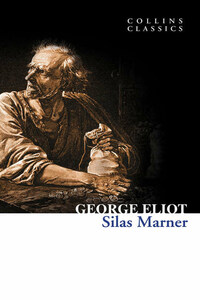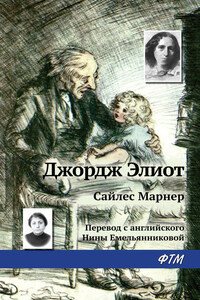Middlemarch. A Study of Provincial Life

"Миддлмарч: Изучение жизни в провинции" – это роман английской писательницы Джордж Элиот (псевдоним Мэри Энн Эванс), впервые опубликованный в 1871-1872 годах. Это одно из самых значимых произведений викторианской литературы, отличающееся широтой охвата и глубиной психологического анализа.
Действие романа разворачивается в вымышленном английском городе Миддлмарч в начале 1830-х годов, на фоне социальных и политических перемен, вызванных реформами и индустриализацией. В центре повествования – несколько сюжетных линий, переплетающихся вокруг жизни различных персонажей, среди которых выделяются Доротея Брук и Тертлиус Лидгейт.
Доротея – молодая, идеалистически настроенная женщина, которая стремится к духовному и интеллектуальному развитию, но оказывается связана браком с педантичным и жестоким ученым Касобоном. Тертлиус Лидгейт – амбициозный врач, стремящийся внести вклад в медицину, но сталкивающийся с трудностями из-за своего неудачного брака и финансовых проблем. Через их истории, а также истории других жителей Миддлмарча, Элиот исследует темы брака, амбиций, общественных реформ, моральных дилемм и личных разочарований.
"Миддлмарч" выделяется глубоким проникновением в психологию своих героев и детальным описанием социального контекста. Роман рассматривает, как личные выборы и общественные нормы взаимодействуют и формируют судьбы людей, создавая сложную картину провинциальной жизни. Считается шедевром английской литературы и одной из самых проницательных социальных хроник своего времени.
Текст романа представлен на языке оригинала без перевода и адаптации.
Книга издана в 2024 году.










